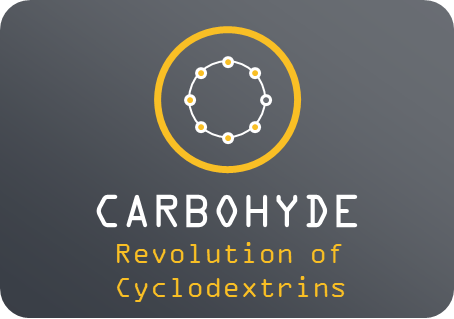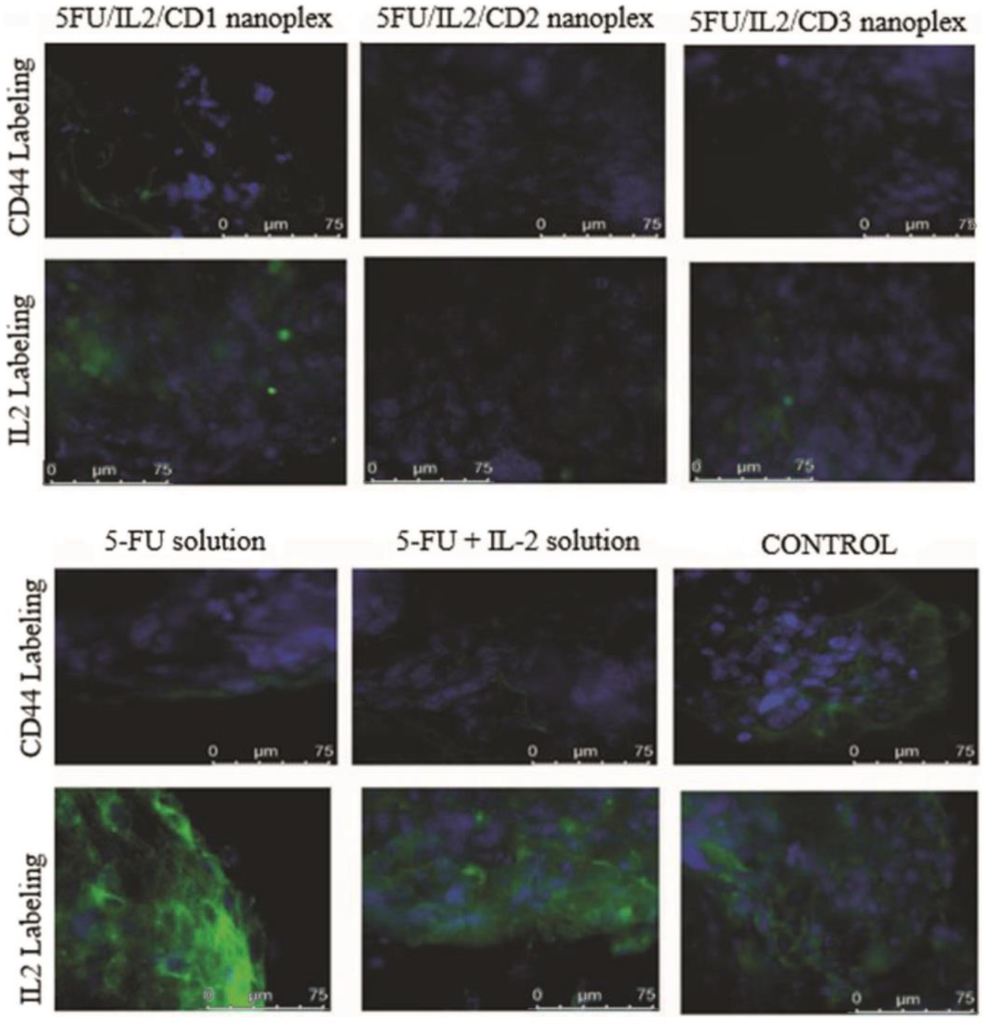Tailoring renal-clearable zwitterionic cyclodextrin for colorectal cancer-selective drug delivery
Today’s cyclodextrin:
Tailoring renal-clearable zwitterionic cyclodextrin for colorectal cancer-selective drug delivery
Although cyclodextrin-based renal-clearable nanocarriers have a high potential for clinical translation in targeted cancer therapy, their designs remain to be optimized for tumor retention. Here Seoul National University and Chungnam National University report on the design of renal-clearable zwitterionic cyclodextrin for colorectal cancer-selective drug delivery. The optimized cyclodextrin shows a high tumor accumulation and is used for the delivery of doxorubicin and ulixertinib. Higher tumor accumulation and tumor penetration facilitate tumor elimination. The improved antitumor efficacy is demonstrated in heterotopic and orthotopic colorectal cancer models.
See the full article here: Tailoring renal-clearable zwitterionic cyclodextrin for colorectal cancer-selective drug delivery


